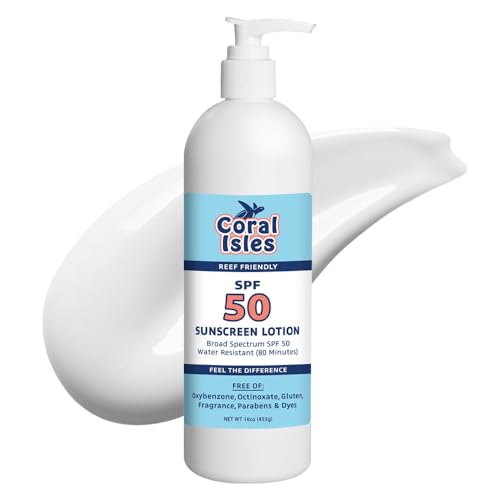My questions were in trying to determine if the fish carried a problem with it since its acquisition; another question was to determine if the problem might be acclimation related. I don't ask questions without reason. I'm glad you asked and I'm glad you answered.
Has there been any other changes to the system, other than the relocation? additions? changes in equipment? changes in the maintenance routine?
The captive lifespan of these fishes are quite often over 20 years. But this assumes an excellent care, nutrition, environment, etc. There are however, many things which can and do shorten their lifespan. Nitrate would not be likely one of them. The number of 'things' that can shorten their lifespan is quite a list and which, for the time being, would not be reversible.
In the off chance the water quality might be an issue (not something you've tested for, but on the chance there may be a poison in the water), please perform a huge water change (over 80%). There is a sticky post in this forum with gives guidance on how to perform a large water change and the precautions necessary to do one properly. Be sure to follow those guidelines.
Try a live food if you have any available (brine shrimp, micro worms, mysis, mosquito larvae, etc.).
After the water change has been made, in the size I suggested and the way I suggested, please monitor the fish and see if there is any signs of a change in behavior or appetite over the next 8 hours after the water change. Let us know. Hope this might help.

























































